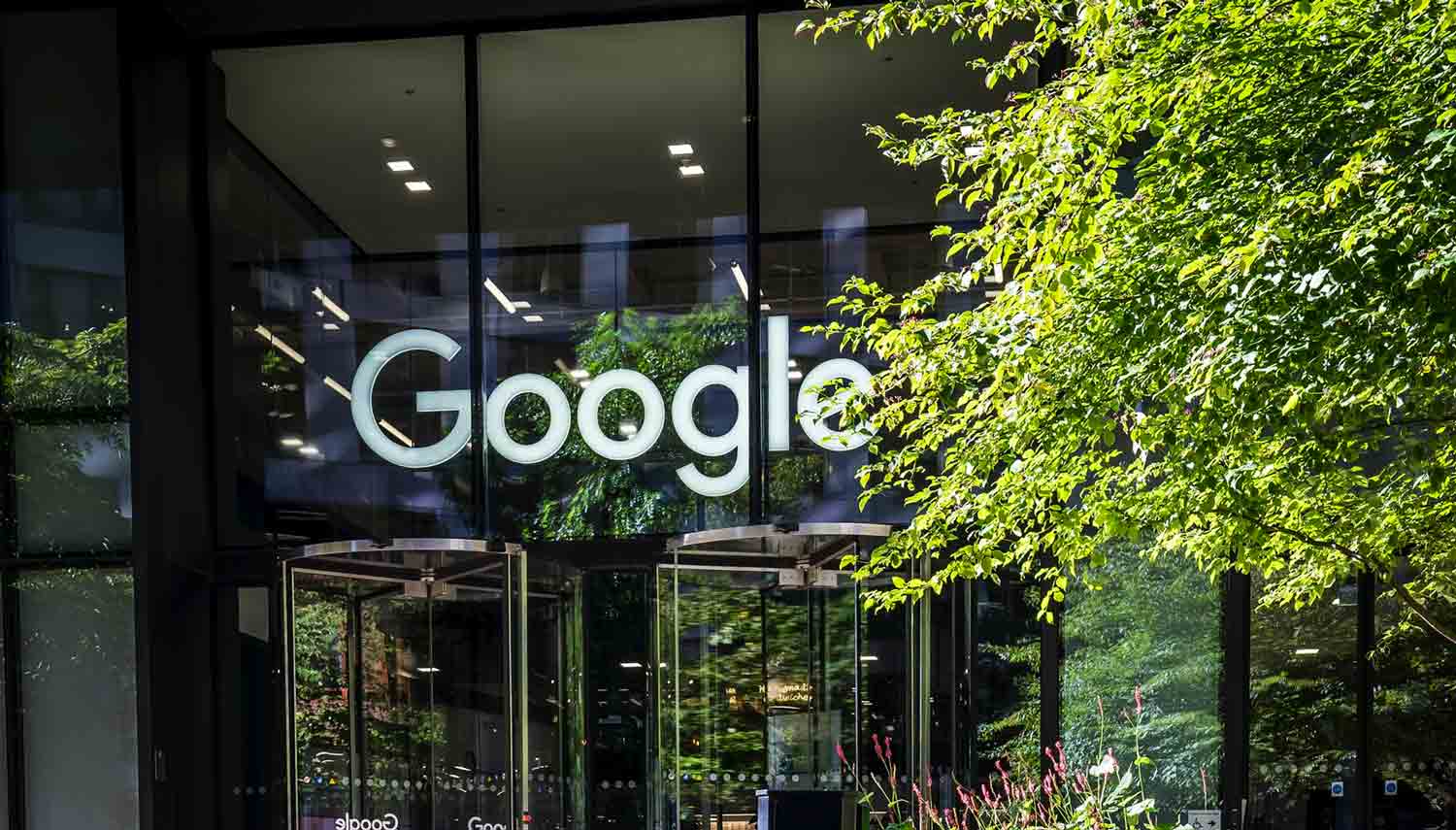

Art has a rich history spanning centuries, serving as a means of expressing emotions, recounting stories, and capturing moments in time. More recently, technological advancements have introduced new possibilities for creating art, such as digital painting and 3D printing. Now, the emergence of artificial intelligence (AI) is poised to reshape the art world by offering new ways to create and experience art.
AI refers to computer systems capable of learning and making decisions independently. It has found applications across various industries, including healthcare and finance. In the realm of art, AI is now being utilized to generate images, music, and other artistic forms through programmed algorithms.
The integration of AI in art holds transformative potential by enabling the creation of distinct and captivating pieces that were previously unattainable through conventional means. Moreover, AI can facilitate the development of artwork that is more interactive and engaging compared to traditional forms. For instance, AI can power interactive art installations that react to viewers’ movements and actions, further enhancing the immersive experience.
Another exciting aspect of AI-generated art is its capacity to deliver personalized creations tailored to individual tastes and preferences. By leveraging AI, artists can produce pieces that carry greater personal and emotional significance for each viewer.
AI also fosters greater accessibility to art, enabling a wider audience to engage with artistic creations. AI-generated art can be designed to accommodate people with disabilities or those facing barriers to accessing traditional art. Furthermore, AI can contribute to making art more affordable, catering to individuals with limited budgets.
Moreover, AI-driven art showcases enhanced creativity and innovation compared to traditional art forms. AI systems possess the ability to experiment with unconventional methods, pushing the boundaries of what is conventionally considered possible. Additionally, AI-generated art can continuously evolve, offering entirely new forms of interaction and engagement that surpass traditional standards.
In conclusion, the integration of AI into the art domain has the potential to revolutionize both the creation and experience of art. AI-generated art offers the opportunity to produce unique and captivating pieces, personalized creations, and artwork that is more accessible to a diverse audience. Furthermore, AI fosters greater creative exploration and innovation. The advent of AI in art is an exciting development that promises to reshape the art world as we know it.
Related Posts




